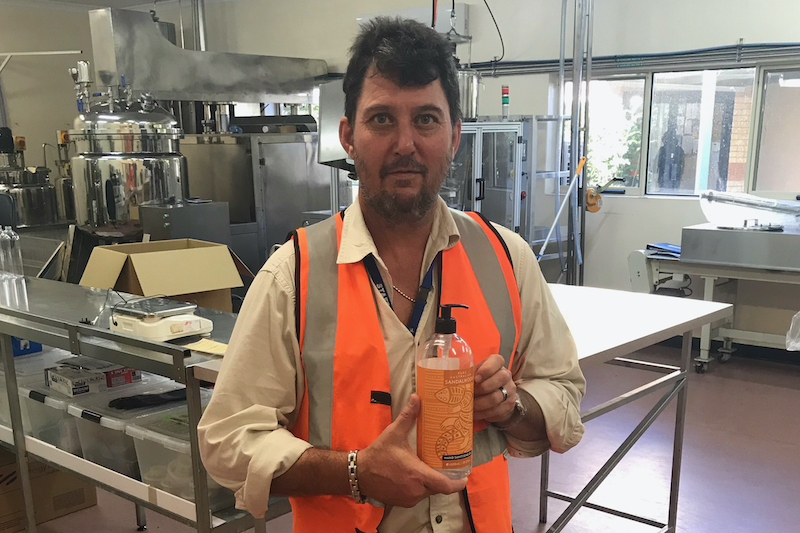By Michael Roberts | posted on April 10, 2020
WHEN Tasmania’s State Government banned all horse racing activities in a bid to protect regional communities from COVID-19 it raised the question whether other states like Western Australia should follow suit.
Last Thursday Tasmanian Premier Peter Gutwein sent shockwaves through the racing industry when he announced horse racing and greyhound racing would be suspended for at least a month to help stop the spread of COVID-19.
Tasmania’s Minister for Racing Jane Howlett said the decision, which affects close to 5000 workers, was a ‘necessary one’ based on public health advice.
On Monday Ms Howlett announced a support package of about $2 million per month to keep the Tasmanian racing industry afloat.
So far there has been no indication from the WA Government or Racing and Wagering Western Australia (RWWA) that an industry-wide suspension is being considered on the west coast.
RWWA General Manager of Racing Charlotte Mills said RWWA was taking the threat of COVID-19 seriously and had implemented a range of bio-security measures to protect the industry’s workforce.
“RWWA is continuously monitoring State and Federal Government advice to ensure that the racing industry is and in many cases beyond compliant,” she said.
Only essential personnel are allowed access to WA racecourses, according to Ms Mills.
“Compliance support officers ensure social distancing and good hygiene practices are adhered to at WA racecourses, with stewards having powers to take action against anyone not complying to the stringent requirements,” she said.
But the AMA President of the WA branch Andrew Miller questioned why racing in WA should continue when almost every other sport had stopped competition and practice.
“Anytime where people are getting together in groups – even if there are no spectators there – clearly is a source for it to be spread around,” he said.
“While we are still getting a handle on this disease and while we aren’t prepared properly on the front line, particularly in regional areas, we need to be conservative.
“We realise this is a terrible inconvenience for everyone, including the animals, but we have to take one for the community at the moment.”
Mr Miller said if greyhound and horse racing continued throughout the pandemic it sent the community a mixed message.
“Complexity of rules creates problems for social distancing,” he said.
“I’m sure they’re doing their best, but if there’s an exemption for them then why not other sports?
“It gets a bit confusing for everyone, especially with the ban being in one state and not others.”
Ms Mills argued any industry ban would affect the wellbeing of racing animals.
“There are over 13,000 animals in Western Australia directly dependent on racing continuing,” she said.
“Racing industry participants heavily rely on the conduct of racing for their income to be able to care and support both their families and their animals.”
Under Tasmania’s ruling, industry employees essential to the welfare of racing animals will keep their jobs during suspension.
To reduce the travel of racing participants, RWWA has consolidated race meetings to 11 out of 51 racetracks, including Albany and Kalgoorlie.
Albany Racing Club will host three race meets in the next month, including this weekend’s Ladies Day Easter Races on Sunday.





